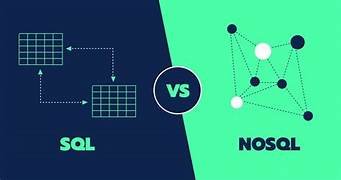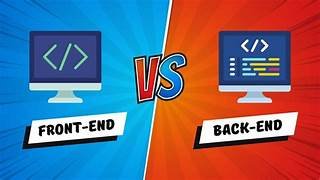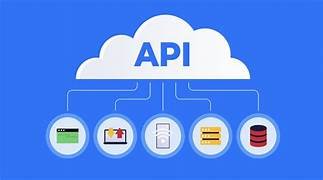Introduction to MongoDB: A NoSQL Database for Web Developers

In the dynamic world of web development, choosing the right database is a critical decision that can impact the performance, scalability, and flexibility of your application. For web developers looking to work with large-scale, real-time data, MongoDB, a NoSQL database, has emerged as a popular choice. In this blog, we’ll explore what MongoDB is, how…
Read More “Introduction to MongoDB: A NoSQL Database for Web Developers” »









